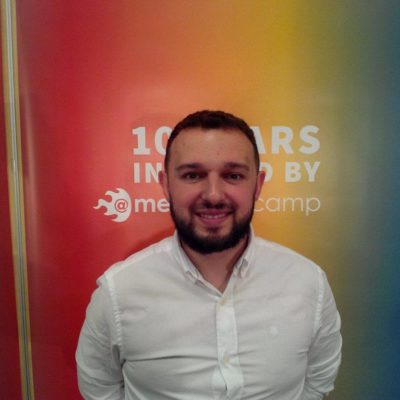By Anna Romandash
In Belarus, Europe’s “last dictatorship”, student self-governance often equals to political activism and can lead to many unpleasant consequences for youth. Led by notorious President Lukashenko, who has ruled the country for more than twenty years, state officials aim to minimize any independence from schools and target active youngsters who are active at their universities.
Belarus has joined Bologna process two years ago, but little was done to connect the national and European school systems. The country is one of the few, which still have mandatory allocation of students receiving state scholarships during their studies. The system, which worked in Soviet states decades ago, remains valid in Belarus; so whenever the students study for free (because the state covers their expenses), they have to work for at least two years in their major and within Belarus. Unless the students provide proof of their work, they cannot get their diplomas, leave the country, or get a job in a new field. Another option includes paying the scholarship back to the state, which is quite costly; that is the reason many students choose to study at neighboring countries.
“There are many violations during allocation because students are often forced to work at places they dislike,” says Antonina Brodovich of BOSS, student organization that aims to promote more self-governance among youth. Her initiative has volunteers around the country, who try to make students more involved and influential in their universities. This, however, often leads to clashes with school authorities, who try to minimize all forms of activism.
“The problem with student self-governance in Belarus is that it is very regulated, and the students often do as they are told,” says Brodovich, “The students do not fight for their rights because they fear further repressions.” According to the speaker, there are cases when youth got expelled from universities because of their activism.
What are the priorities of your initiative?
We have a network of volunteers in the country, and we are funded by their donations. Our goals include strengthening self-governance among youth so people are more involved and influence what’s happening in their schools. Besides, we also teach students to write their own projects and implement them at their universities. An important scope of our work is informing and promoting Bologna process, which should unify school systems in the country and Europe. We try to explain students what the process means through a series of cartoons and interactive presentations. It has been two years since Belarus joined Bologna, but the road map is not being met.
How do you work with official bodies?
They do not want to work with us, and the only communication we have is through letter requests. It is a problem because we do not cooperate fully. Universities do not want to work with us either. In my own experience, our deputy dean forbade me even to participate in the organization otherwise I could face some problems with my grades. We cannot publish information in university groups, and there were cases when active students I knew were expelled for their activities. Although our initiative has to fight against this kind of violations, I am also scared to fight full-scale because I want to graduate, and so do other people. There is always danger that they will “fail” you because of your activism, and this prevents me and many others from full commitment. For example, March 25th was called Freedom Day in Belarus, and many people gathered to protest government’s policies. Our university scheduled classes instead, so we would not go to the streets. They checked the attendance afterwards. In Belarus, if you skip classes, you have to pay a fine.




